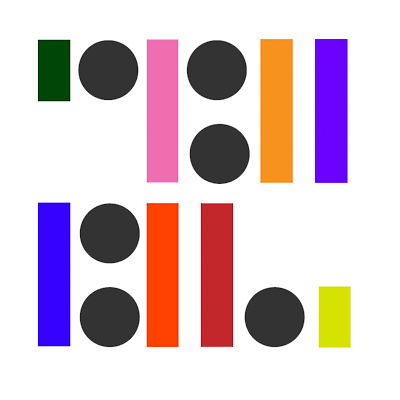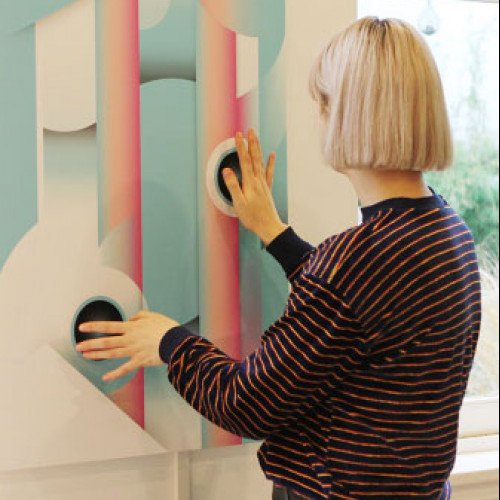physical computing for beginners
ART MADE INTERACTIVE THROUGH TECHNOLOGY
How can we create meaningful interactive experiences and tell stories through sound, light and movement? What parts of the physical world around us can be turned into an interface through which we can express our creative ideas?
• 1. July - 26. July 2019
• Based at ACUD in Berlin, Germany
• Four weeks, full-time
• Up to 10 participants accepted
Pricing
Artist / Student (Full Time)*
€1950
Professional*
€2150
course
description
Physical computing is a subject area that brings hardware and software together, usually through the application of microcontrollers, to make interactive things using a combination of sensors and outputs. The course will focus on physical computing and interactivity, exploring the creative intersection of emerging technologies, and how they can work seamlessly together to create unique prototypes, products and experiences. Complex fields such as electronics, engineering and computer science will be demystified and explored as creative tools of endless possibility!
In today’s increasingly digitised world, how is the physical human experience relevant, meaningful, even political? The course will cover the entire process of making a physical computing project from start to finish. This will include exercises for idea generation, rapid prototyping, basic
electronics (including printed circuit board design), creative mechanics and introductory coding skills. Students will learn how to build controllers and interfaces that can connect to and endless range of outputs. What you decide to make is up to you and your creative expression!
Students will take a hands-on approach to working with basic electronic components, sensors and motors, using the Arduino platform as a base to play and to create magical things that bring ideas to life through interactivity. This course is for people who have always wanted to delve into the world of physical computing but have never been sure of where to start. It is a month-long intensive that will equip you with the technical expertise and confidence to continue working on your own projects long after the course has ended.
in this course,
you will be
introduced to
Tools for generating ideas, developing mechanics, building stories, completing an idea
Tools for creating interactive artworks
Toolkits and platforms such as Arduino, Processing and Raspberry Pi
Electronics and simple circuitry
Creative mechanics and basic engineering skills
Inputs and outputs: Motors, steppers, servos, sensors, LED strips, etc.
Printed circuit board making
E-textiles, smart fabrics and wearables
Making things wireless with Bluetooth and WiFi
Making projects portable with power supplies
Introduction to hacking and repurposing older artworks and interfaces
Challenges and conversations on play from a variety of perspectives
An amazing network and community of like-minded creative beings and potential future collaborators
course
outline
Week 1: Introductions, concepts, world-building, narratives, play, and critical discourse, intoduction to electronics, sensors, arduino microcrontrollers.
Week 2: Tools and Techniques for making interactive games, experiences and artifacts with physical computing. Getting to grips with mechanics, including different types of motors and higher-power electronics.
Week 3: Advanced physical computing for creating experimental interactive projects in public spaces. Building our own hardware, including custom circuitry and PCB fabrication.
Week 4: Discussing education and career opportunities in the field of physical computing. Creating collective narrative and interactive experiences which will be open to the public for showcase on the final day of the program.
who is this
program for?
Join the diverse movement of digital artists, creative coders, game-modders, art-games communities, experience designers, immersive theatre writers, personal-games advocates, story-tellers, performance artists, street game enthusiasts, and champions of the playful as we spend a month this summer combining technology, storytelling, and interaction. This course approaches these topics from an introductory level. No prior experience is required.
meet the instructor
Alice Stewart
Creative Technologist and Designer
Alice Stewart (born 1992) is a creative technologist and designer based between London and Amsterdam. As an educator, she has established Hackspace workshops at Kingston University and the Royal College of Art in London. Her self initiated projects have been featured in such publications as The Guardian, It’s Nice That and Complex Magazine.


